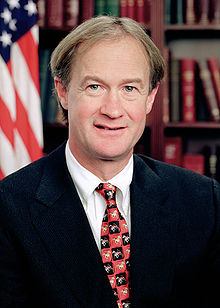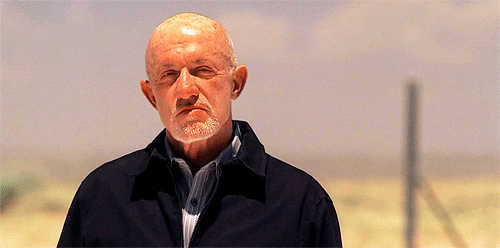Bonen no Max'd
Banned
I actually think playing up some sort of New Deal reference is a very good idea."A Better Deal" now that is playing on Trump's own turf a bit. Interesting.
I think moreso than Crab's Rebuild America it should be more forward looking. A Future To Believe In is actually pretty good imo, but retooling it just a bit to sound like "A New Deal to the people of America" is even better. "Better skills" is a dumb third item for it though.
but whatever, this slogan isn't going to change anything and at best will be indicative of greater messaging problems with the Democrats.




